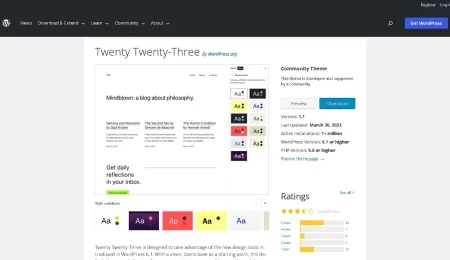The scope of a Creative Writing
The scope of a creative writing career is broad and can encompass various fields, including but not limited to: advertising, journalism, publishing, screenwriting, content writing, technical writing, and more. People are adopting this profession because creative writing allows for self-expression and the ability to tell stories that can captivate and engage audiences.
As for the future of creative writing as a profession, it is likely to continue growing and evolving as technology and media continue to change and expand. The increasing demand for well-written content across various platforms and mediums, such as websites, social media, and e-books, provides opportunities for creative writers. However, competition in the field may also increase, and the ability to adapt to new technologies and trends will be important for success in a creative writing career.
Creative Writing could be:
- Advertising
- Book publishing
- Children’s writing
- Column writing
- Comic book writing
- Content writing
- Copywriting
- Creative non-fiction
- Drama writing
- Editing and proofreading
- Educational writing
- Fantasy writing
- Feature writing
- Food writing
- Freelance writing
- Ghost writing
- Grant writing
- Health writing
- Horror writing
- Humor writing
- Instructional design
- Journalism
- Literary writing
- Marketing writing
- Media writing
- Medical writing
- Memoir writing
- Mystery writing
- News writing
- Novel writing
- Personal essay writing
- Play writing
- Poetry writing
- Political writing
- Publishing
- Radio
- Drama Writing
- Romance writing
- Science fiction writing
- Screenwriting
- Script writing
- Short Story writing
- Song writing
- Speech writing
- Sports writing
- Technical writing
- Travel writing
- Web content writing
- White paper writing
- YA (Young Adult) writing
Prerequisites for a career in creative writing vary depending on the specific field, but some common requirements include:
- Education: A bachelor’s degree in English, creative writing, or a related field is often preferred, although it is not always a strict requirement. Some fields, such as screenwriting or playwriting, may require specialized training or a master’s degree.
- Writing Skills: A strong writing ability and a talent for storytelling are essential. Creativity, imagination, and the ability to write in various styles are also important.
- Passion: A deep love of writing and storytelling, and a drive to create content that engages and inspires others, is key to success in creative writing.
- Experience: Many creative writing careers require experience, such as internships, freelance writing, or publishing samples of your work. This can help you build a portfolio, network with industry professionals, and gain exposure to the writing industry.
- Marketing Skills: In a highly competitive industry, the ability to market and promote your work is critical to success. This includes being active on social media, attending writing events and conferences, and reaching out to potential clients or publishers.
- Adaptability: The creative writing industry is constantly evolving, and being able to adapt to changes in technology, audience preferences, and market trends is essential to success.
- Persistence: Rejection is a common experience for writers, and the ability to handle rejection and keep writing is crucial to success.
In conclusion, while there are no strict requirements for a career in creative writing, having a combination of education, writing skills, passion, experience, marketing skills, adaptability, and persistence will greatly increase your chances of success.
To pursue a career in creative writing, an individual can follow these steps:
- Develop their writing skills: Read widely and write regularly to improve their writing style, grammar, and storytelling abilities.
- Choose a specialty: Decide on a specific type of writing such as fiction, poetry, or screenwriting.
- Build a portfolio: Start by writing short stories, essays, or poems and keep a collection of their best works.
- Network and Connect: Attend writing workshops, conferences, and events to meet other writers and industry professionals.
- Find freelance opportunities: Start bidding for writing gigs on freelancing websites or offer their services to local businesses or publications.
- Consider an education: Take writing courses or obtain a degree in creative writing, English, or a related field.
- Seek publication: Start submitting their work to literary magazines, publishers, or literary agents to gain recognition and exposure.
- Be persistent: Writing is a competitive field, and it may take time to establish a career. Keep writing, networking, and learning, and be persistent in their efforts to succeed.
Image by storyset on Freepik



Leave a Comment